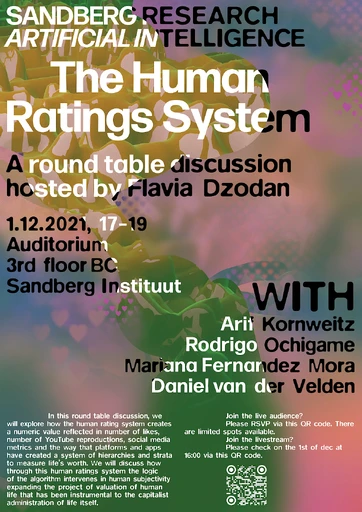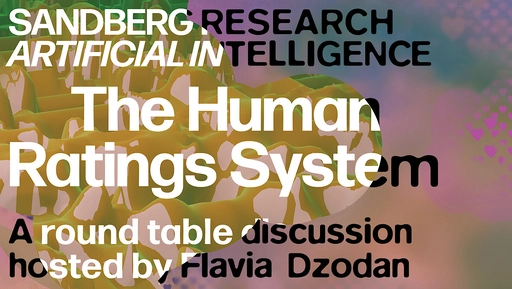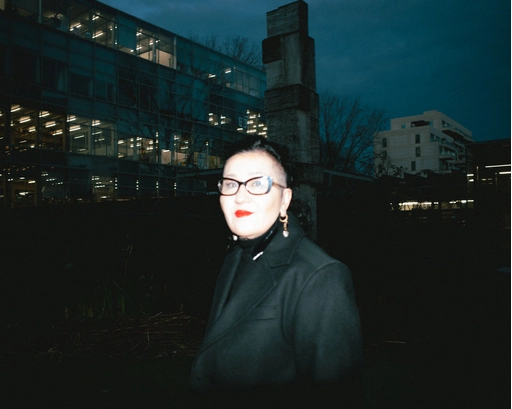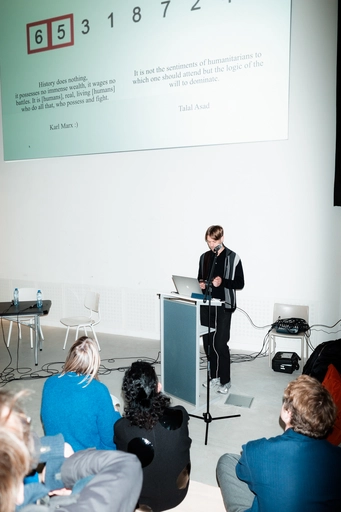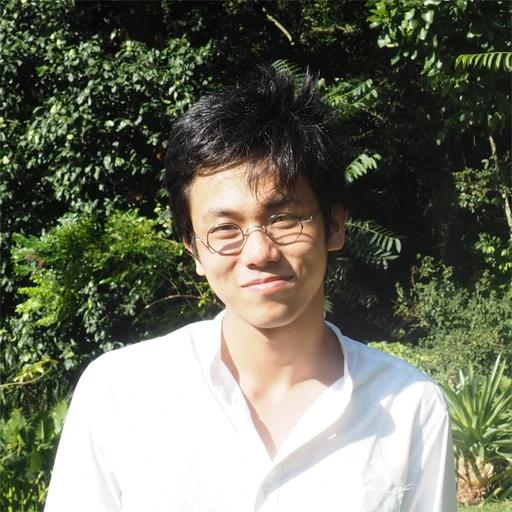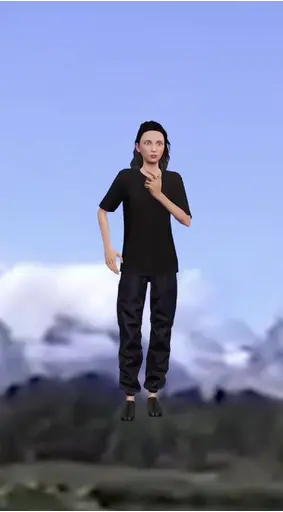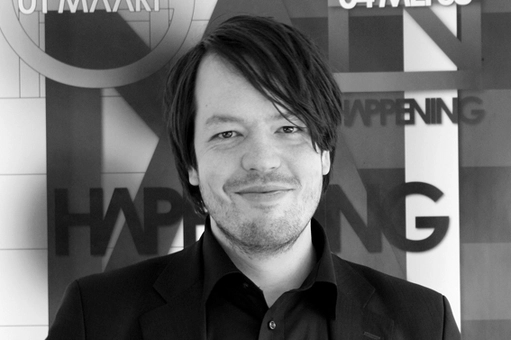event
01
Dec '21
A roundtable discussion hosted by Flavia Dzodan
A roundtable discussion hosted by Flavia Dzodan
In this round table discussion, we will explore how the human rating system creates a numeric value reflected in number of likes, number of YouTube reproductions, social media metrics and the way that platforms and apps have created a system of hierarchies and strata to measure life’s worth. We will discuss how through this human ratings system the logic of the algorithm intervenes in human subjectivity expanding the project of valuation of human life that has been instrumental to the capitalist administration of life itself.
Guests:
Arif Kornweitz - PhD candidate and part of the KIM RESEARCH GROUP on critical artificial intelligence at the Karlsruhe University of Arts and Design, where he researches (in)compatibilities between AI ethical standards and humanitarian ethics, focusing on the principle of 'first, do no harm'. Arif teaches courses in critical design, drawing from posthumanist thinking, that result in exhibitions and publications. This year he has been teaching at DESIGNLAB at the Gerrit Rietveld Academie.
Rodrigo Ochigame an assistant professor in the Institute of Cultural Anthropology and Development Sociology at Leiden University, the Netherlands. Their research examines unorthodox models of computational rationality, such as nonclassical logics from Brazil, nonbinary Turing machines from India, and frameworks of information science from Cuba. Ochigame received a BA with highest honors from the University of California, Berkeley, and a PhD from the Massachusetts Institute of Technology (MIT)
Mariana Fernández Mora (MX/NL) is a visual artist and researcher based in Amsterdam, she is interested in dynamics of power, algorithms and the relation between geographical and digital landscapes. With a background in architecture her work usually involves interdisciplinary installations that search to give body to the videos she creates. In 2018 she graduated from The Gerrit Rietveld Academy and currently she is part of the masters program F for Fact at The Sandberg Institute where she is researching our intimate and sometimes problematic relationships with technology and co-writing her thesis with Natural Language Processors like GPT3 and Replika.
Daniel van der Velden / Metahaven The work of Metahaven consists of filmmaking, writing, and design. Films by Metahaven include Chaos Theory (2021), Hometown (2018), Eurasia (Questions on Happiness) (2018), and Information Skies (2016, nominated for the 2017 European Film Awards). Solo exhibitions include Passphrases, State of Concept Athens (2021), Turnarounds, e-flux, New York (2019), Version History, ICA London (2018), Earth, Stedelijk Museum Amsterdam (2018), Hometown, Izolyatsia, Kyiv (2018), and Islands in the Cloud, MoMA PS1, New York (2013). Public lectures include “An Evening with Metahaven,” The Museum of Modern Art, New York (2019), “After The Sprawl,” Castello di Rivoli, Turin (2019), and “Inhabitant,” Harvard GSD, Cambridge (2020). Recent publications include PSYOP: An Anthology (2018, edited with Karen Archey), and Digital Tarkovsky (2018).
Moderated by:
lector/professor
Flavia Dzodan is Lector of Algorithmic Cultures at the Rietveld Academie / Sandberg Instituut, where she leads a research group focused on computational aesthetics, affective refusal, and the algorithmic afterlives of colonial classification. Her interdisciplinary practice spans theory, installation, video, speculative historiography, and micro-publication. Across these modalities, Dzodan theorizes the logistical capture of life and emotion under computational regimes, developing recursive methodologies that resist optimization, solutionism, and epistemic legibility.
